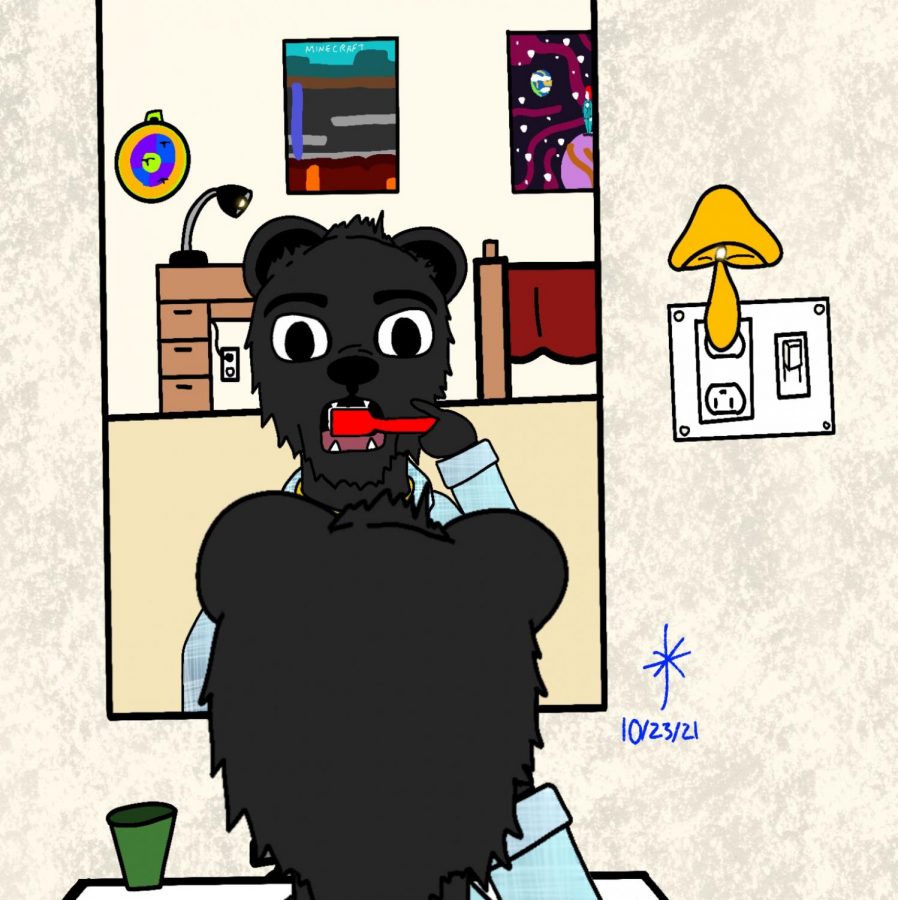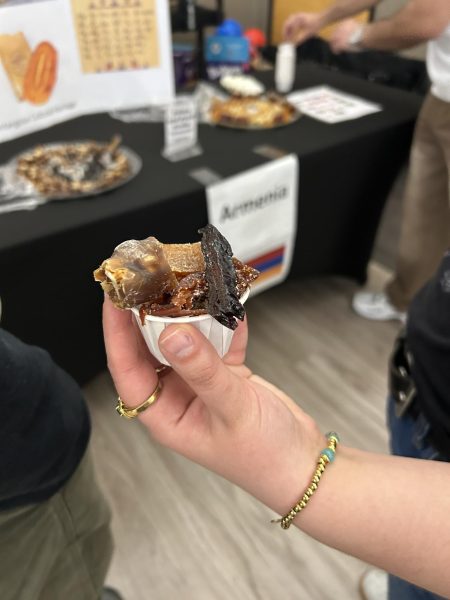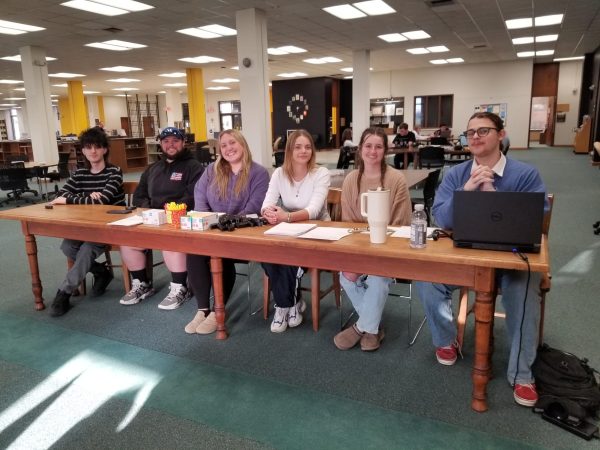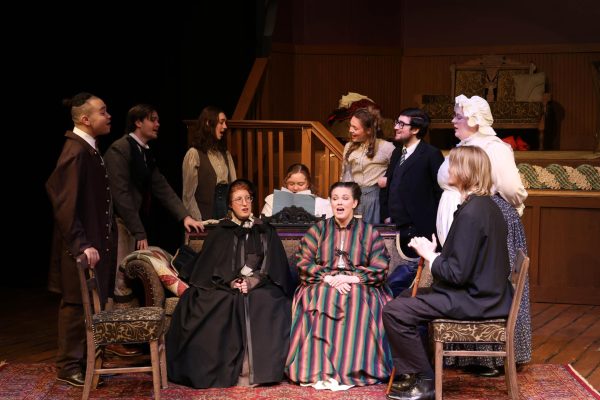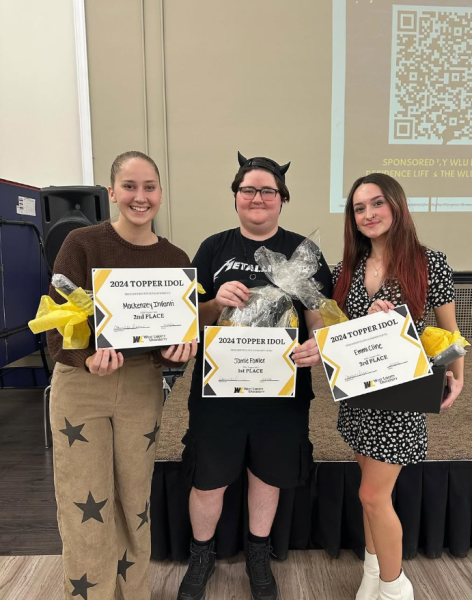WLU Dental Hygiene Program spreads awareness for National Dental Hygiene Month
October is National Dental Hygiene Month, which is an opportunity for those in the field of dental hygiene to spread awareness of both their profession and the need for oral hygiene and health. A pre-professional in the field of dental hygiene, Jaelynn Shamblin, is a first-year dental hygiene student at West Liberty University (WLU). Shamblin has begun the coursework of the program and has seen firsthand what it is like to be a dental hygiene major and the demands placed upon the students in this area of study.
Shamblin said she was drawn to this field because she, like many children, neglected her own oral health. Having seen what damage this can do, she wants to educate others about the importance of taking care of their teeth and having good oral health. Learning about gingivitus and periodontitis are of high interest to Shamblin.
Shamblin said the nature of the work varies and depends greatly on the patients’ needs, but typical duties include removal of plaque, updating and maintaining recent radio graphs, oral cancer screenings and maintaining medical records. A dental hygienist will also look for abnormalities and evaluate bone loss as well as assist the dentist in procedures performed on the patients.
“The Dental Hygiene program is definitely challenging, especially if you don’t put the time in to study and learn the material, but when you begin to think about the future and being able to help others it’s all worth it,” said Shamblin.
Her advice to future dental hygiene majors is to learn how to manage time wisely. She advised that it is okay not to be sure of what you want to do as soon as you get in the program, but if this is a student’s choice of major, he or she should make sure they enjoy taking classes such as chemistry, microbiology and anatomy.
The field of dental hygiene dates back to the early 1900s’, when dentist, Alfred Fones, trained his cousin to perform different actions that would prevent oral disease in his patients. Originally, it was a restrictive field, only allowing Caucasian females to enter the workforce as a dental hygienist. As racial barriers have declined and patient access has improved, the need for dental hygienists has increased.
West Liberty’s Sarah Whitaker Glass Dental Hygiene School was established in 1938 where they later graduated their first class in 1940. Students can graduate with an associate of science, bachelor of science and master of science degree through the dental hygiene program.
For more information about WLU’s Dental Hygiene program, visit the dental hygiene school overview page.
Samantha Snyder is currently a senior at West Liberty University. She is majoring in visual communication design as well as minoring in advertising communications....


